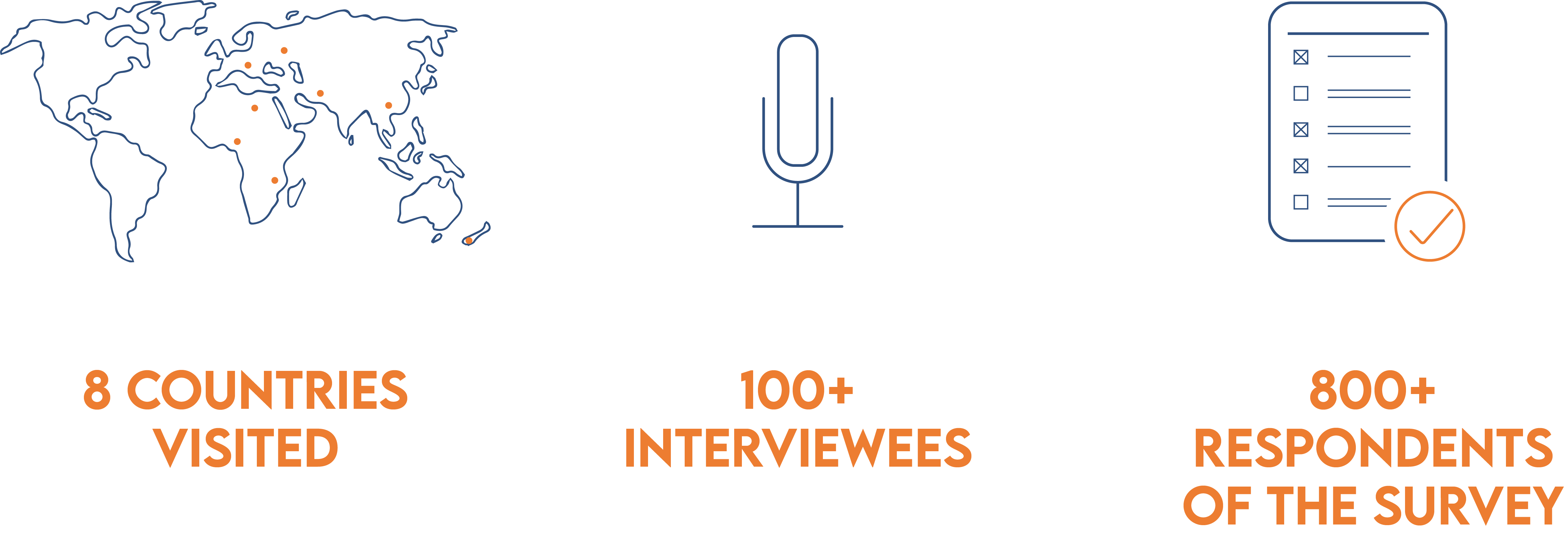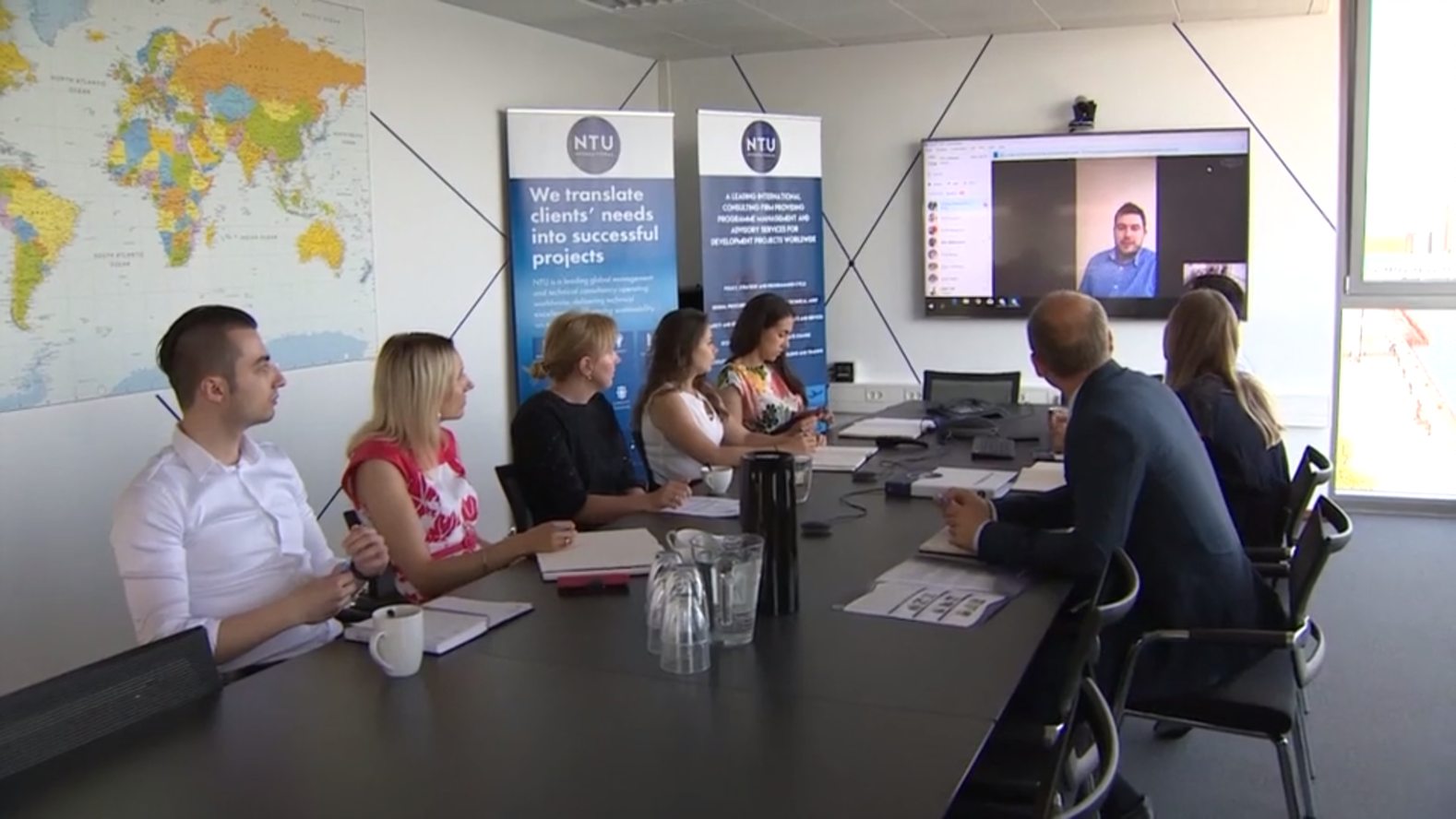The overall objective of Tempus IV (2012-2013) was to contribute to an area of cooperation in the field of higher education involving the European Union and partner countries in the surrounding area. In particular, the programme aimed to promote voluntary convergence with EU developments in the field of higher education deriving from the Lisbon agenda and the Bologna process.
The specific objectives of the Tempus programme were:
- To promote the reform and modernisation of higher education in the partner countries;
- To enhance the quality and relevance of higher education in the partner countries;
- To build up the capacity of higher education institutions in the partner countries and to assist them in opening themselves up to society and the world;
- To foster the development of human resources;
- To enhance mutual understanding between peoples and cultures of the EU and the partner countries;
- To promote cooperation and networking within the regions covered by the programme.
The purpose of NTU assignment was to carry out a mid-term evaluation of Tempus IV in order to determine to what extent the programme was achieving its objectives.

How we did it
The evaluation covered all activities and geographic areas of the programme during the period 2008–2010. NTU carried out field visits to Brussels, to the South Mediterranean (Morocco and Egypt), to Eastern Europe (Russia, Azerbaijan), Central Asia (Kazakhstan, Uzbekistan) and to the Western Balkans (Bosnia and Herzegovina (BiH) and Serbia).
The evaluation techniques included:
- documentation review,
- a series of structured and semi-structured interviews with academic staff, students and University administrators, ministries and local authorities in the countries visited as well as TEMPUS project staff members, a number of donors and donor-funded project staff personnel and NGOs.
- Questionnaires with a view to the variety of programme-wide and specific national priorities for projects, including curricular reform, governance reform, higher education and society.
Impact:
The evaluation:
- assessed the relevance, efficiency, effectiveness, impact and sustainability of the Tempus IV programme as implemented through the projects selected in the first three calls for proposals; and
- underlined lessons learnt, good practices and recommendations for the future of the Tempus programme, including possible funding from EC.
The recommendations included, among others:
- Ways to capitalise on good practice: this could encompass national priorities, transparency in the selection, grant holders in partner countries, encouraging joint degrees, field monitoring, studies and dissemination; etc.
- Option of establishment of a joint portal providing information for potential users (opportunities for students, teachers, institutions …) with cross-references for EU programmes in Higher Education and Research.
- Potential of establishing regional committees for Higher Education and Research to promote policy dialogue and establishing regional priorities to be addressed by various EU initiatives and networks.


